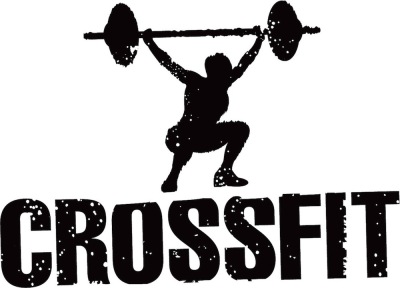 Lawsuits are usually dry and boring, so it’s always fun to read one with a little life.
Lawsuits are usually dry and boring, so it’s always fun to read one with a little life.
Here’s one of those: CrossFit, the fitness program famous for its brief, strenuous exercises and passionate devotees, is suing the National Strength and Conditioning Association (NCSA), which it considers its staid competitor for the nation’s sweat and cash.
According to CrossFit, the NSCA published a study with a “falsified rate of injury,” “in an effort to portray CrossFit as ‘dangerous’ and therefore a fitness program that should be avoided.”
No matter that the study, published in NSCA’s official research journal, the Journal of Strength and Conditioning Research, concluded overall that CrossFit is a useful form of exercise. The suit says that the authors fudged a few statistics about participants’ injuries. Here’s the relevant section from the paper, titled “Crossfit-based high-intensity power training improves maximal aerobic fitness and body composition:”
Continue reading CrossFit to be tied: Fitness company sues journal to retract “sloppy and scientifically unreliable work”
 The authors of a 2012 paper in the journal Interface have had the journal issue an expression of concern about it after issues with “some of the data and methods” came to light.
The authors of a 2012 paper in the journal Interface have had the journal issue an expression of concern about it after issues with “some of the data and methods” came to light.
 Lawsuits are usually dry and boring, so it’s always fun to read one with a little life.
Lawsuits are usually dry and boring, so it’s always fun to read one with a little life.




